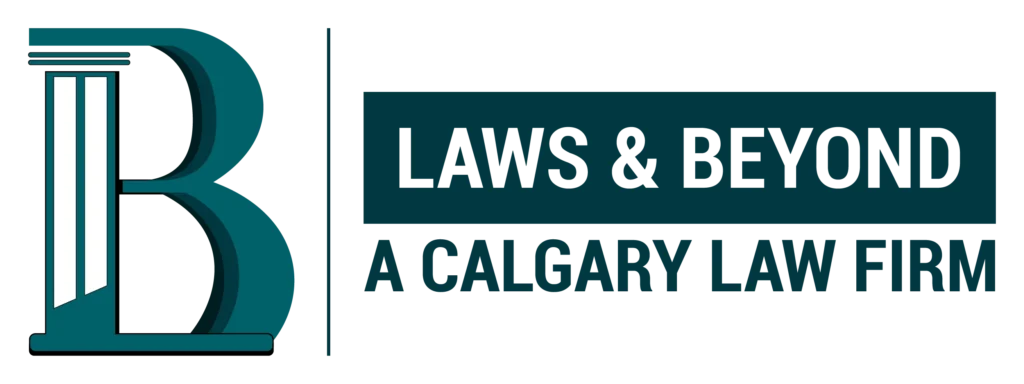Complying with zoning regulations and building codes is a crucial aspect of owning and investing in commercial properties in Alberta. Zoning regulations are laws that divide a municipality into zones or districts and dictate how the land can be used for different purposes. Building codes, on the other hand, are a set of standards and regulations that ensure the safety and structural integrity of buildings.
Here are some key points to consider about compliance with zoning regulations and building codes:
1. Zoning Designations:
– Familiarize yourself with the different zoning designations in the area where your commercial property is located. Common designations include commercial, industrial, residential, and mixed-use.
– Understand the permitted uses, restrictions, and any special regulations associated with each zoning designation. This information can usually be found in the municipality’s zoning bylaws.
2. Building Permits:
– Before making any structural changes or starting new construction on your commercial property, determine whether you need to obtain a building permit. In most cases, permits are required for significant renovations, additions, or new construction.
– Contact the municipality’s building department to obtain the necessary information and application forms for building permits. Be prepared to submit detailed plans and specifications for the proposed work.
3. Occupancy Permits:
– Once the construction or renovation work is complete, you will need to obtain an occupancy permit before using or renting out the commercial space. An occupancy permit confirms that the building or space meets all applicable building codes and safety requirements.
– Schedule an inspection by the municipality’s building inspector to ensure compliance. The inspector will assess various aspects, such as electrical systems, plumbing, fire safety measures, and accessibility features.
4. Accessibility Compliance:
– Ensure that your commercial property meets accessibility standards outlined in building codes and accessibility regulations. This includes providing appropriate parking spaces, ramps, door widths, and accessible washrooms, among other requirements.
– Accessibility compliance is essential to accommodate individuals with disabilities and meet legal obligations related to accessibility.
5. Ongoing Compliance:
– Regularly review and stay updated on any changes or updates to zoning regulations and building codes. Municipalities may revise their bylaws or building codes periodically, and it is essential to remain compliant.
– If you plan to make changes to your commercial property in the future, consult with the municipality’s building department to understand any new requirements or regulations that may apply.
6. Seek Professional Guidance:
– It is highly recommended to consult with professionals, such as architects, engineers, or zoning consultants, who specialize in commercial property development and compliance. They can provide expert advice and guidance throughout the process, ensuring that your property meets all necessary regulations and standards.
– Legal counsel experienced in real estate law can also help review lease agreements and ensure that they align with zoning regulations and building codes.
Complying with zoning regulations and building codes is essential not only to avoid potential legal consequences but also to ensure the safety and functionality of your commercial property. Taking the time to understand and adhere to these regulations will contribute to a successful and sustainable investment in the Alberta commercial property market.




